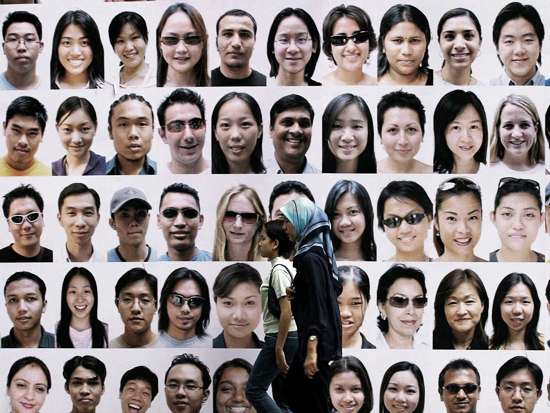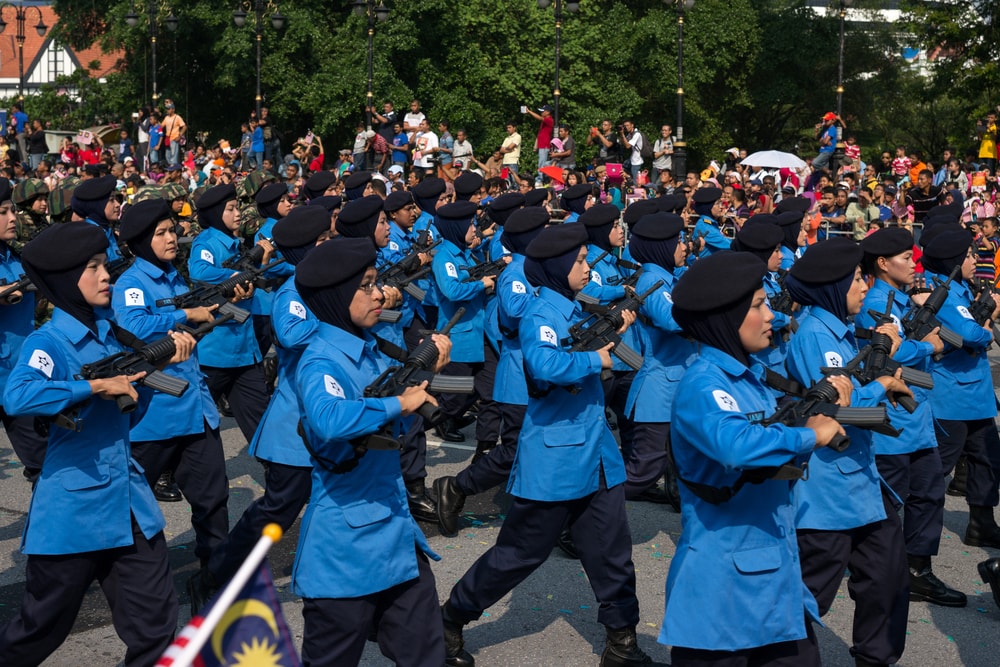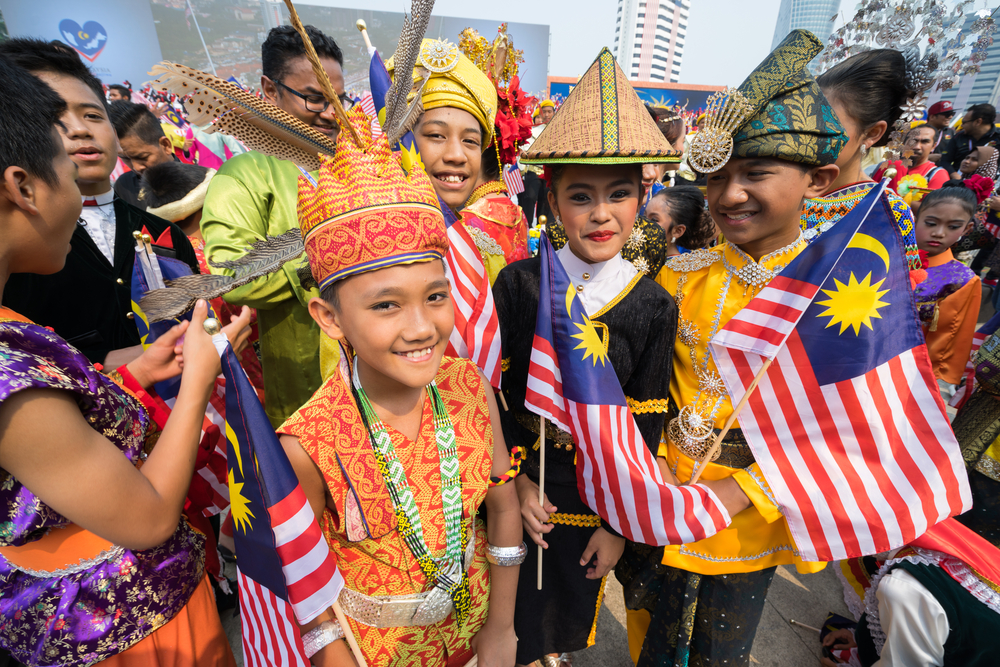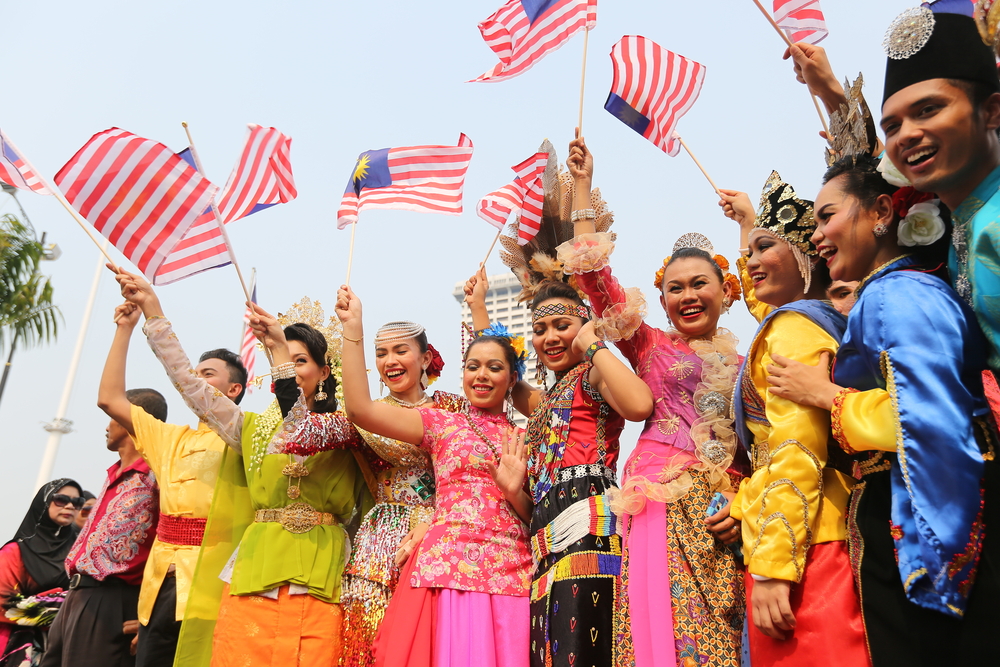By Chris Yip
If you’re a bewildered expat new to the country, and you’re wondering how you’re going to survive and get along with Malaysians for the next few years of your life here, don’t fret! It could just be that your perceptions have been influenced by certain misconceptions in your mind about the locals. And unsurprisingly, it goes both ways, because Malaysians may have their own fair share of misconceptions of expats in this country, too.
And when you mix the preconceptions or misconceptions of both groups together, you can get a veritable cocktail of wrong ideas that may result in embarrassing misunderstandings of all sorts.
Therefore, it makes sense not only to neutralise expats’ misconceptions about Malaysians, but also for the expat to understand and thus help dispel the notions locals have about them. This can help avoid getting unnecessarily stressed, thus making life more pleasant if not enjoyable for all concerned. You’ll find that these misconceptions can apply not only at work but also in social, cultural, business, or even romantic interactions that you, the expat, may find yourself having with Malaysians.
As an introductory aside, be aware that Malaysians traditionally consider a typical expat as being a Caucasian – sometimes called Mat Salleh (John Bull) or Gwei Loh (man devil) – hailing from a Western country and usually speaking English (sometimes along with other languages). But of course these days, Malaysia has expats from all corners of the world, yet with English still being the main language of communication between them and Malaysians.
So let’s examine these misconceptions from both sides of the coin with possible solutions provided:
1. Malaysians all look the same

Some expats may hold that Malaysians within a given race look much the same. So they may think Chinese Malaysians appear to look the same, and so do the Malays and Indians amongst their own respective races. This phenomenon is apparent when an expat meets Malaysians for the first time. Of course any time spent in the country will quickly dispel this notion, and rest assured you will learn to distinguish each Malaysian on an individual basis in due course.
One notable remark an Australian made to me years ago was, “Chinese men all seem to look alike and wear glasses and a wristwatch.” This cliché has since diminished somewhat with the greater use of contact lenses and the rise of the mobile phone for keeping track of time!
On the other hand, Caucasian expats may all ironically tend to look the same to those Malaysians who are not so familiar seeing them.
The solution to this awkward situation is simply not to judge a book by its cover, but instead to be aware that all humans, regardless of any race or colour, are unique individuals.
2. Malaysians are either unfriendly… or overly friendly
This quaint disparity in attitudes, in the former case, may stem not from unfriendliness, but instead shyness or fear of something unusual or just not knowing how to behave towards strangers from abroad, whereas the latter attitude might involve some ego or a Malaysian being overly curious.
But the above attitudes are also noticeable with some expats, too, when they first arrive in Malaysia.
The solution I guess is for everyone to be their pleasant selves and just keep an open mind. Easier said than done!
3. Malaysians tend to speak English in a formal or weirdly stereotypical way
There’s some truth here because Malaysians may try to speak in a tone or accent that they think or hope will be more easily understood by foreigners. Thus, they tend to sound either too formal or conversely, unnatural or even somewhat phony to the expat. But the truth is that Malaysians usually speak local ‘Manglish’ (Malaysian English slang) when speaking English amongst themselves which they’re used to and are not used to speaking the more proper type of English to expats.
Likewise, Malaysians with good English skills have experienced expats who speak extra slowly and emphasise every word to them (which can be quite annoying) simply because these expats are worried they might not be understood.
The solution is to mix more with Malaysians and for Malaysians to do the same with expats. Sooner or later, communications will just get better. Long-term expats usually tend to pick up some of the Malaysian slang and amuse locals when they tag their sentences with “lah” or say things like “Tidak apa” or “Malaysia boleh” in response to a typically Malaysian situation.
4. Malaysians are not direct or are too polite
In actual fact, Malaysians can be blatantly direct and impolite if they want to, but because the culture here is to be respectful of foreign bosses and colleagues, the tendency is to try not to offend anyone.
On the same note, some expat bosses in Malaysia tend to be extra fair, patient, and accommodating towards their local staff because they believe in the more Western ideal of being the ‘nice’ guy or boss. It’s the Western style of management of being ‘equals’.
The solution here is to let time take its course and slowly get to know the locals well, and eventually people will just be themselves with you.
5. Malaysians are old-fashioned or overly traditional
This is not as much the case now as it was in years past. Although maintaining certain important traditions, Malaysians, particularly those in cities, have come a long way since achieving independence in 1957. They’ve followed the world’s fashion trends and have become more cosmopolitan in attitudes and actions. This is largely due to the media and Hollywood movies and TV programs bombarding Malaysians with American, British, Chinese, Japanese, Indian, and European influences for decades (and Korean in recent years).
Malaysians on the opposite end, because of what they see in Western TV programs and movies, may view Westerners as uninhibited and having lost their traditions – both in a positive and negative sense.
The easiest solution is simply to be aware that Malaysians have experienced modern living and been exposed to Western influences for at least two or three generations already.
6. Malaysian women are submissive and have less freedom

Again, this is not the case any longer. Malaysian women have a bigger voice and more freedom than ever before, having become increasingly more liberated since World War II. And this applies to all women in Malaysia: Malays, Chinese, Indians, and other races. There are women in politics, high public and corporate positions, the armed forces – trained for combat situations – and thousands becoming police officers, and so on. The difficulty begins when Western men look for female partners among the locals with preconceived ideas that these women are submissive and home bound. This of course has a real potential to end in disappointments, failed expectations, and finally failed relationships.
But at the same time Malaysians do have the impression, mostly from Western media that, Western women including expats have much more freedom and say in everything. The fact is that Western women, being individuals, do come in many different personality and character types. There are also those who are not so outgoing or are the quiet types.
The solution is having awareness, nonpracticing discernment and discretion to gauge people on an individual basis, so as not to offend anyone by making wrong assumptions.
7. Malaysians are not so productive, efficient, or organised
There is perhaps some truth in this perception, especially when looking back a generation, but since then, things have changed. Interestingly, in the past, Malaysians sometimes remarked that when a team of Westerners commit to do something, they will plan and discuss thoroughly for an hour and then get the job done in two hours, whereas Malaysians will spend only 10 minutes to plan, but then take four hours to get the job completed… then only to find that they have to spend an extra two hours to rectify their work.
However, Malaysians these days – especially if under good management – can become top workers. In fact, with more graduates and professionals being produced each year Malaysians are becoming more and more competitive in the job market both locally and abroad, with high standards of work ethics and efficiency.
On the other hand, many Malaysians have this idea that expats especially are more relaxed and less industrious and seem at times to be on a working holiday. But what they don’t know is that expats are taught to practice the “work smarter, not harder” ethic when it’s practical, and can be very productive, efficient, and organised in their work, allowing them to get their day’s work done in 7-8 hours instead of 10-12. As a result, they have extra free time to chill out, socialise, seek recreation, and enjoy a more well-balanced lifestyle.
The ideal solution here is to keep an open mind whilst bringing out the best in Malaysian subordinates if you’re a boss, and for Malaysians to recognise that work can be done more efficiently and productively and that leaving the office at 6pm instead of 9pm doesn’t mean a person is lazy.
Its important to realise is that, despite our many differences, people really are on some levels the same throughout the world. We cry the same tears and we bleed the same red blood. We experience the same feelings and emotions, and we have the same basic aspirations. But the complex systems and intricate entanglements of the world corrupt and set people apart. And yet at the core of it all we will find each person is still an individual, unique in his or her own right.
Therefore, try to dispense with the usual preconceived misconceptions of the world and of human nature, see as well as take an interest in each Malaysian as an individual, keep an open mind and heart and enjoy getting to know each Malaysian in a realistic, down to earth way.
"ExpatGo welcomes and encourages comments, input, and divergent opinions. However, we kindly request that you use suitable language in your comments, and refrain from any sort of personal attack, hate speech, or disparaging rhetoric. Comments not in line with this are subject to removal from the site. "























